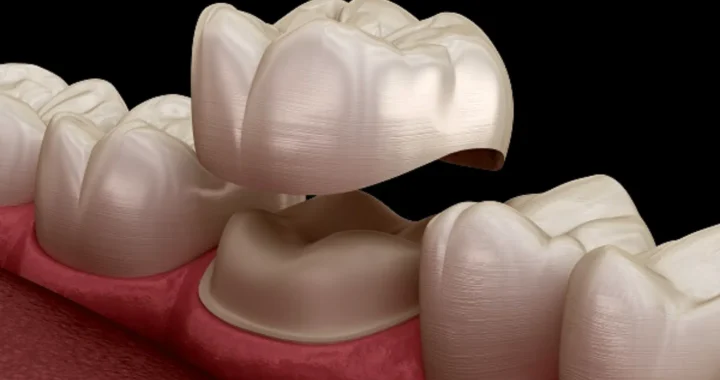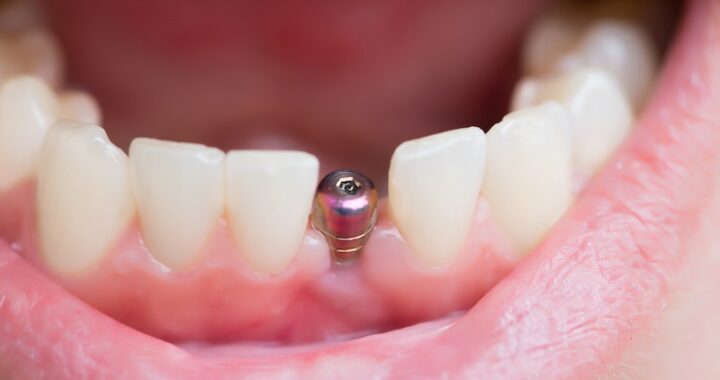Uncovering the Common Myths Associated with Electrocardiography (ECG) Testing

Electrocardiography (EKG) testing provides vital information to clinicians. However, many individuals avoid being tested like this because they worry it would be too painful, time-consuming, or risky. Patients visiting the cardiologist or vein specialist may benefit from having some of the myths and frequent beliefs about EKG, or ECG testing debunked. If you are considering a Cypress EKG but are hesitant because of the misconceptions you may have encountered, this piece should set the record straight.
Myth 1: Heart attacks are caused by stress EKGs
Your doctor may wish to monitor your heart’s response to exercise occasionally. A stress electrocardiogram (ECG), often known as a stress test, may be administered. It is widely believed that this sort of examination might trigger heart attacks. However, this is not the case. It is not a stress EKG that leads to arrhythmias and heart attacks. Exercise or exertion brings on a heart attack. The stress EKG keeps track of how your heart responds to stress.
Myth 2: Electric shocks are used in electrocardiogram and electroencephalogram tests
Electrodes in an electrocardiogram (ECG) and electrokinesis (EKG) do not produce any electrical current. Thus, it would help to not worry about receiving an electric shock. The electrodes are used to monitor and record the electrical activity in the heart. It is their primary function to do so.
Myth 3: Testing using electrocardiography takes a lot of time.
Many people are startled to learn that electrocardiograms and electrocardiograms are among the quickest examinations available. You will likely spend more time checking in and getting ready for the exam than taking the test itself.
The testing phase of an electrocardiogram or electrocardiogram typically lasts between five and ten minutes. Electrode insertion and removal is the bulk of the time spent doing an electrocardiogram or electrocardiogram. The time it takes to place and remove the electrodes may be nearly as long as it takes to do the actual test.
Myth 4: EKG and ECG testing might be uncomfortable
Most people wrongly think that the electrodes used in EKG and ECG testing would induce discomfort since they assess electrical activity in the heart. Taking a test does not hurt in any way.
Although the testing will not cause you any discomfort, there is a remote possibility that the adhesive bandages used to secure the electrodes to your skin may cause you some pain or irritation. In such a case, topical lotion may help alleviate the associated discomfort.
An electrocardiogram (EKG) is a diagnostic tool medical professionals use to identify cardiac problems. Electrocardiograms may be performed in a short amount of time and with little discomfort. The average time for an Electrocardiogram is three minutes. Patients may discuss their EKG findings with their doctor after receiving their results. A wide variety of medical issues might result in an abnormal EKG report. Some patients, however, have consistently erratic EKG results. You should see your doctor Northwest Houston Heart Center if you have concerns about your heart health. Don’t let myths restrict you from making the right decision for your well-being.


 Dental Crowns –Restoring Strength, Function, And Aesthetics.
Dental Crowns –Restoring Strength, Function, And Aesthetics.  One-Person Wonder: Making Waves in the Massage Industry in Gunma
One-Person Wonder: Making Waves in the Massage Industry in Gunma  How Cataract Surgery in Nashville Improves Vision and Quality of Life
How Cataract Surgery in Nashville Improves Vision and Quality of Life  Maintaining Oral Health: The Role of Dentists in Richmond
Maintaining Oral Health: The Role of Dentists in Richmond  How to Choose the Best Implant Dentist in Sheffield: A Guide
How to Choose the Best Implant Dentist in Sheffield: A Guide  How Invisalign is Revolutionising Orthodontics in London
How Invisalign is Revolutionising Orthodontics in London  Veneers: A Popular Cosmetic Solution for a Beautiful Smile in London
Veneers: A Popular Cosmetic Solution for a Beautiful Smile in London